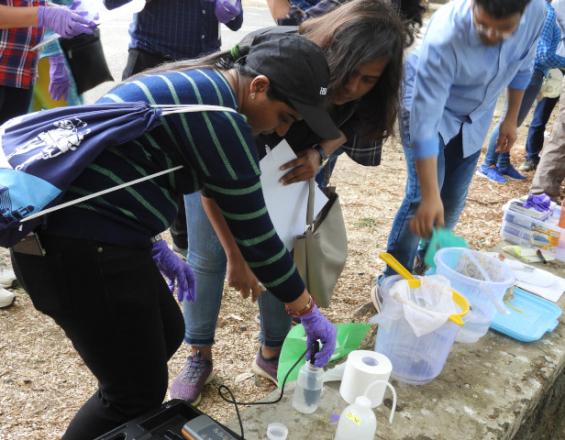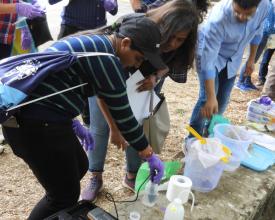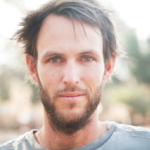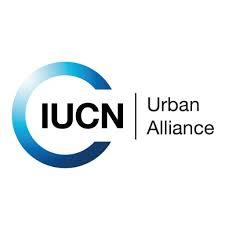
Exploring the feasibility of floating wetlands for environmental remediation in Mumbai

Earthwatch India has conducted research across three cities in India to address knowledge gaps in the management of urban lakes, wetlands and green spaces. The research informs how these ecosystems can increase the climate-resilience of urban areas, whilst continuing to provide benefits to people and wildlife long into the future. In Mumbai, Earthwatch is working with the Indian Institute of Technology Bombay to explore the feasibility of nature-based solutions to support the ecological upgrade of Powai and Banganga lakes. The results are being used to support a sustainable business model for these important water bodies, which serve as major cultural heritage and recreational centres for Mumbai’s population.
Impacts
This research project explored the benefits of floating constructed wetlands to regulate water quality. This was part of their larger study to identify potential benefits of integrating green and blue infrastructure to upgrade the city’s lakes, reversing the ongoing degradation of these critical ecosystems to pollution from untreated sewage, urban run-off and illegal disposal of industrial effluent. By taking measurements across lakes with different green buffer areas and different pollution loads, the project helped demonstrate stark contrasts in water quality. At one location, water was classified as suitable for drinking, but elsewhere in the same ecosystem, the influx of urban wastewater and cultural practices such as idol immersion led to heavily compromised conditions, with low dissolved oxygen, and high pH and total dissolved solids. The study showed how lake water quality has deteriorated over time and therefore the need for shared responsibility in gathering the information necessary to develop a suitable wastewater treatment strategy. Citizen scientists were trained to monitor environmental indicators across the study locations allowing the research teams to gather more data than they ever could alone.






